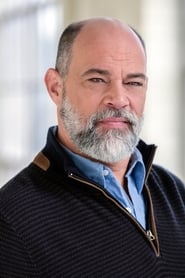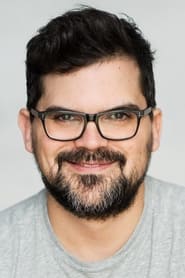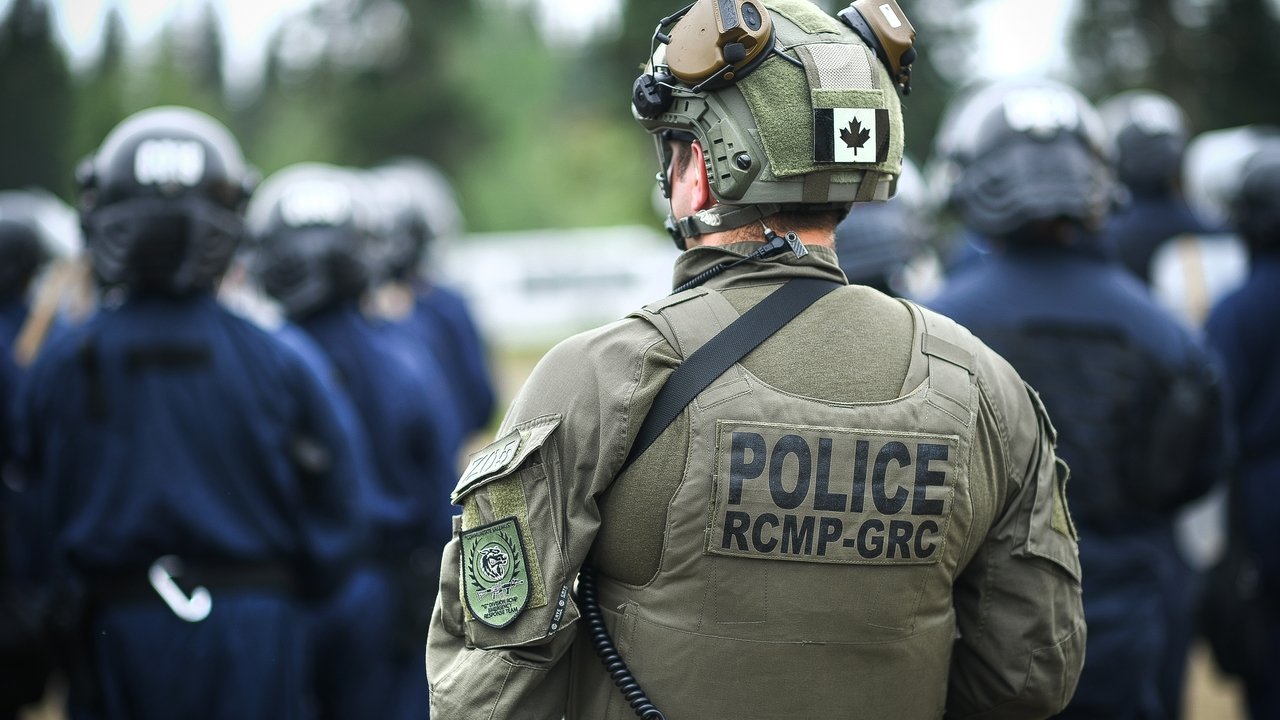

G7 Charlevoix : opération sécurité(2018)
The G7 Summit that will take place in Charlevoix will bring together the leaders of the globe’s 7 major industrial powers. Thanks to an exclusive access and privileged position within the RCMP, we will bring you in the heart of the preparation and security operation surrounding such an event. It’s a privileged access for the first time in Canada, a historic and unique moment in television.
Movie: G7 Charlevoix : opération sécurité
Top 10 Billed Cast

G7 Charlevoix : opération sécurité
HomePage
Overview
The G7 Summit that will take place in Charlevoix will bring together the leaders of the globe’s 7 major industrial powers. Thanks to an exclusive access and privileged position within the RCMP, we will bring you in the heart of the preparation and security operation surrounding such an event. It’s a privileged access for the first time in Canada, a historic and unique moment in television.
Release Date
2018-09-06
Average
0
Rating:
0.0 startsTagline
Genres
Languages:
FrançaisKeywords
Similar Movies
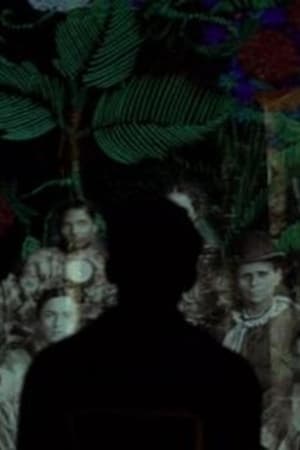 0.0
0.0The Delightful One(fr)
In the form of a poetic love letter to its nation, this short film reveals a strong community and the anchoring of the new generation in this rich culture.
Gros chat(fr)
Siméon Malec, host on Pakueshikan FM radio, receives Marie-Soleil Bellefleur on the air to discuss new regulations concerning salmon nets. To their great dismay, the duo is constantly interrupted by increasingly worrying calls... It seems that a lion has been seen in the community!
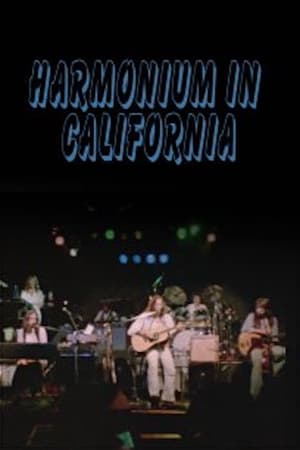 4.0
4.0Harmonium in California(fr)
Through concerts and interviews, folk-progressive group Harmonium takes Quebec culture to California. This documentary full of colour and sound, filmed in California in 1978, recounts the ups and downs of the journey of the Quebec musical group Harmonium, who came to feel the pulse of Americans and see if culture, their culture, can succeed in crossing borders.
 7.1
7.1Nanook of the North(en)
This pioneering documentary film depicts the lives of the indigenous Inuit people of Canada's northern Quebec region. Although the production contains some fictional elements, it vividly shows how its resourceful subjects survive in such a harsh climate, revealing how they construct their igloo homes and find food by hunting and fishing. The film also captures the beautiful, if unforgiving, frozen landscape of the Great White North, far removed from conventional civilization.
 8.0
8.0Jack Kerouac's Road: A Franco-American Odyssey(fr)
Part documentary, part drama, this film presents the life and work of Jack Kerouac, an American writer with Québec roots who became one of the most important spokesmen for his generation. Intercut with archival footage, photographs and interviews, this film takes apart the heroic myth and even returns to the childhood of the author whose life and work contributed greatly to the cultural, sexual and social revolution of the 1960s.
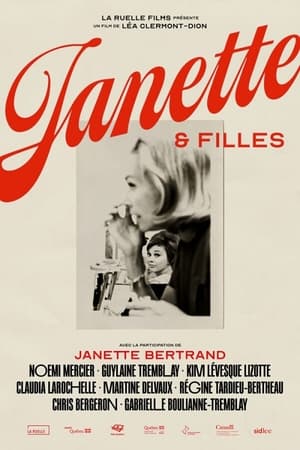 8.0
8.0Janette et filles(fr)
Janette Bertrand, 96, is at the time of the balance sheets. Where are the women, where is the fight for gender equality? An hour of History with a capital H and Love with a capital A, to not forget anything and, above all, never stop moving forward.
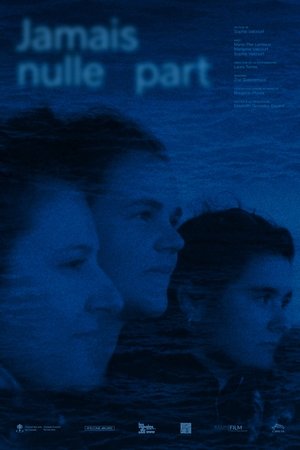 4.0
4.0Never Anywhere(fr)
Behind closed doors in a car, three friends from the small town of Sept-Îles discuss their desire to reconnect with the North Shore, the region where they grew up. As the hours lenghten on the road 138, the young women reflect on the quest for identity that accompanies the regional exodus and reveals a social landscape decentralized from the metropolises.
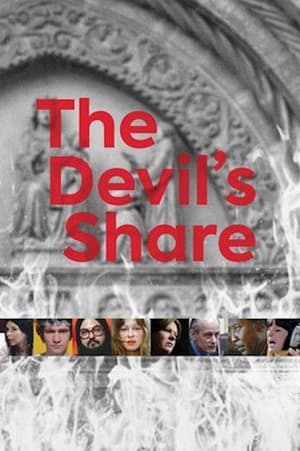 8.0
8.0The Devil's Share(fr)
Quebec, on the cusp of the 1960s. The province is on the brink of momentous change. Deftly selecting clips from nearly 200 films from the National Film Board of Canada archives, director Luc Bourdon reinterprets the historical record, offering us a new and distinctive perspective on the Quiet Revolution.
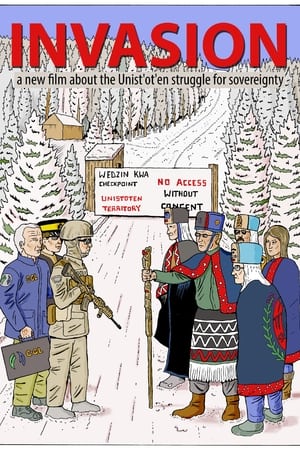 8.3
8.3Invasion(en)
In this era of “reconciliation”, Indigenous land is still being taken at gunpoint. Unist’ot’en Camp, Gidimt’en checkpoint and the larger Wet’suwet’en Nation are standing up to the Canadian government and corporations who continue colonial violence against Indigenous people. The Unist’ot’en Camp has been a beacon of resistance for nearly 10 years. It is a healing space for Indigenous people and settlers alike, and an active example of decolonization. The violence, environmental destruction, and disregard for human rights following TC Energy (formerly TransCanada) / Coastal GasLink’s interim injunction has been devastating to bear, but this fight is far from over.
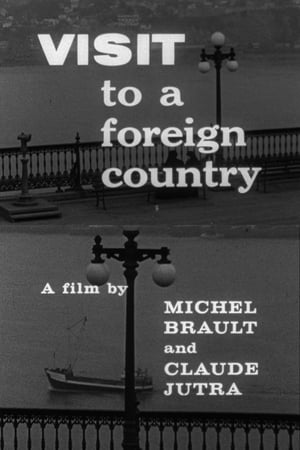 6.5
6.5Visit to a Foreign Country(en)
They come in high-powered convertibles, with cameras and curiosity, to look at French Canada and French-Canadians. Their usual objective is Québec City, where they can soak up a bit of French culture without a trip to France. With an eye for humour, VISIT TO A FOREIGN COUNTRY shows the people of Québec taking a look at American tourists who have come to Québec to take a look at them.
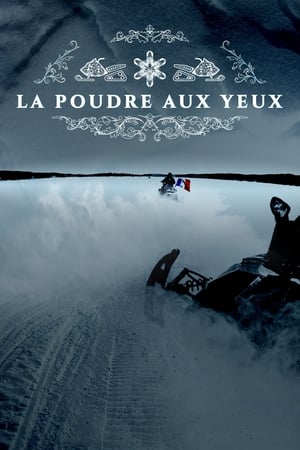 7.0
7.0La poudre aux yeux(fr)
With its 33,000 kilometers of marked trails and its tens of thousands of kilometers of off-trail circuits, Québec is a snowmobile paradise. In this documentary, a dozen French tourists, accompanied by their flamboyant guide, live an incredible adventure in Quebec's wilderness.
 0.0
0.0Les héritiers(fr)
Gilles Groulx's first film shot in 1955 with a camera borrowed from his brother and edited during his spare time when he worked as an editor at the Radio-Canada news service a few years before he joined the NFB. Silent film, presented as its author left it, where the soil and the dialectic of Groulx's work are already there: documentary realism, the social space to be explored, daily life, the relationship between individual and society, social disparities, the consumer society, seduction and happiness.
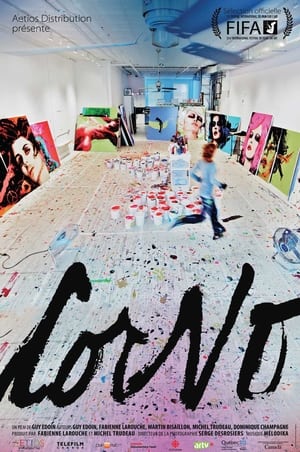 8.0
8.0Corno(fr)
A feature-length documentary portrait of Québécoise painter Johanne Corno, who has lived and worked in New York City for more than 20 years. Ignored by the art intelligentsia in Québec, she settled abroad to escape that creative constraint, and built an enviable international career. Today, she casts a lucid eye on her work and describes the resources she draws on to survive in the jungle of the contemporary art world.
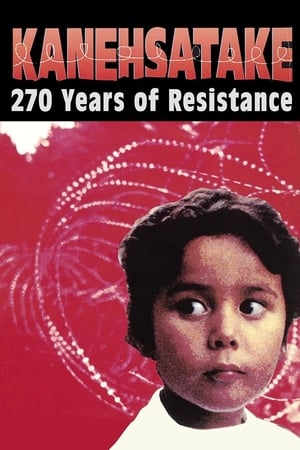 7.4
7.4Kanehsatake, 270 Years of Resistance(en)
In July 1990, a dispute over a proposed golf course to be built on Kanien’kéhaka (Mohawk) lands in Oka, Quebec, sets the stage for a historic confrontation that would grab international headlines and sear itself into the Canadian consciousness.
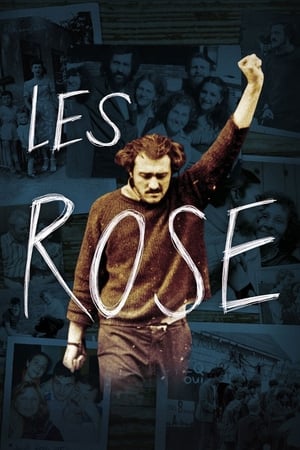 8.2
8.2Les Rose(fr)
In October 1970, members of the Front de Libération du Québec (FLQ) kidnapped and murdered Minister Pierre Laporte, part of an unprecedented crisis in Quebec. Fifty years later, Félix Rose tries to understand what could have led his father and uncle to commit such crimes. Thanks to his uncle Jacques, who agrees for the first time to speak on the subject, and to the traces left by his father Paul, he revives the heritage of a Quebec working class family. The fruit of ten years of research, Les Rose allows us to revisit a time and people that we knew through clichés, and gives a glimpse of the experiences of a rebellious youth and the crimes that followed.
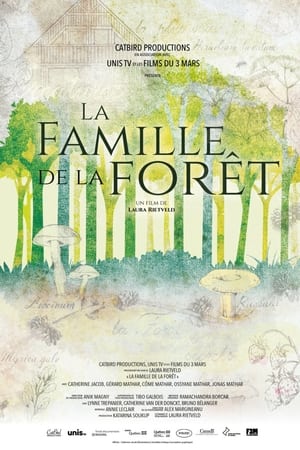 0.0
0.0The Family of the Forest(fr)
In the heart of the Boreal forest lives a family renowned as much for their gourmet forest pickings as for their life of self-sufficiency.
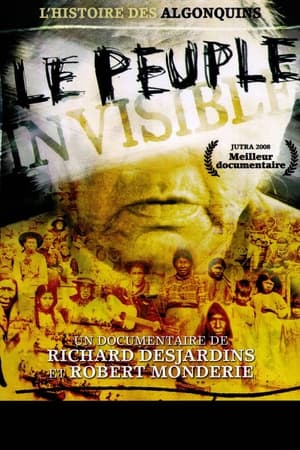 8.0
8.0The Invisible Nation(fr)
The Algonquin once lived in harmony with the vast territory they occupied. This balance was upset when the Europeans arrived in the 16th century. Gradually, their Aboriginal traditions were undermined and their natural resources plundered. Today, barely 9,000 Algonquin are left. They live in about 10 communities, often enduring abject poverty and human rights abuses. These Aboriginal people are suffering the threat to their very existence in silence. Richard Desjardins and Robert Monderie have decided to sound the alarm before it's too late.
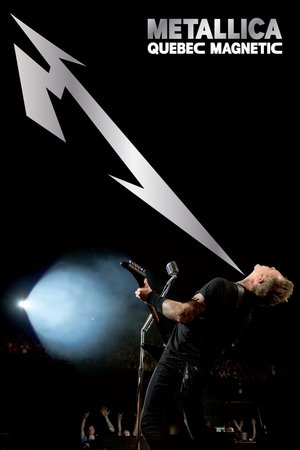 8.1
8.1Metallica: Quebec Magnetic(en)
Recorded live at Colisée Pepsi in Quebec City, Quebec on 31 October - 1 November, 2009. Rock legends Metallica captured live in performance in Quebec City in autumn 2009. The two gigs in Quebec were part of the bands 'World Magnetic Tour' and saw them play a host of their most popular songs including 'Master of Puppets', 'The Four Horsemen' and 'Enter Sandman'.
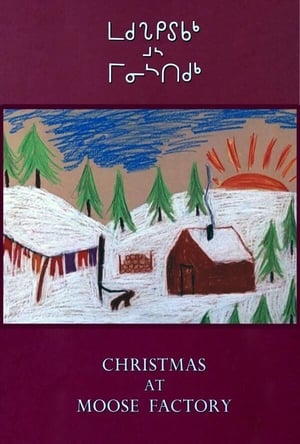 8.0
8.0Christmas at Moose Factory(en)
A study of life at Christmastime in Moose Factory, an old settlement mainly composed of Cree families on the shore of James Bay, composed entirely of children's crayon drawings and narrated by children.
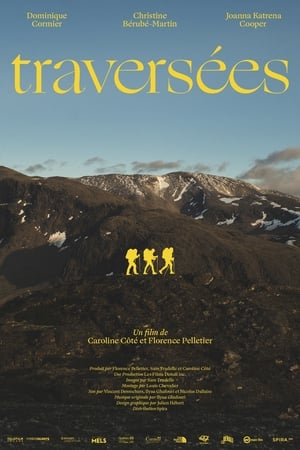 0.0
0.0Passages(fr)
Five women from the North to the South of Quebec embark on a multisport expedition following the Koroc river in Nunavik. Travelling together against adversity, this journey soon becomes one of self-discovery for each participant.
